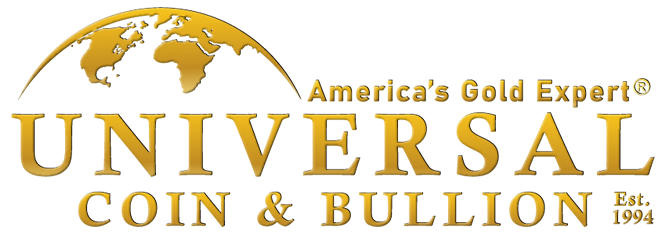How to Verify a Rare Coin's Authenticity
Verifying a rare coin's authenticity is essential before buying, selling, or insuring it. Counterfeits exist across all price levels, making authentication a crucial step in protecting your investment. Whether you're a new collector or someone with inherited coins, understanding the verification process can help avoid costly errors.
Here are practical steps to help confirm authenticity:
- Check for visible signs of tampering – Look closely for unusual markings, uneven edges, or tool marks that suggest alterations.
- Examine the coin’s weight and dimensions – Use a digital scale and calipers to compare against official mint specifications.
- Use a magnet test when applicable – Most genuine coins are non-magnetic. If a rare coin sticks to a magnet, it may be a fake.
- Inspect the metal composition – A simple metal analyzer or conductivity test can verify whether the coin’s metal matches known standards.
- Review mint marks and details – Study high-resolution reference images or official mint records to compare features like font, spacing, and design.
- Seek professional appraisal or grading – A certified appraiser or grading service adds credibility, especially when preparing to sell or insure the coin.
When dealing with valuable coins, it's wise to consult a rare coin dealer Concord residents can trust for reliable evaluations. Professionals can identify red flags and confirm details that may not be obvious to non-experts.



